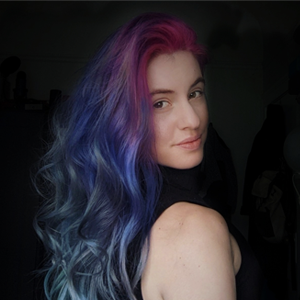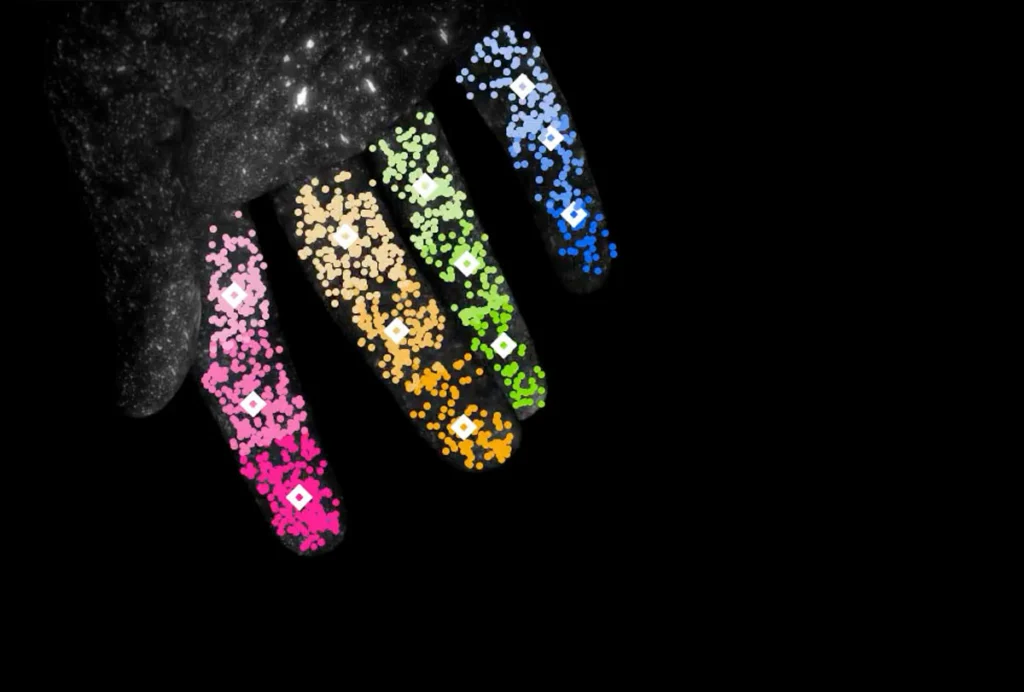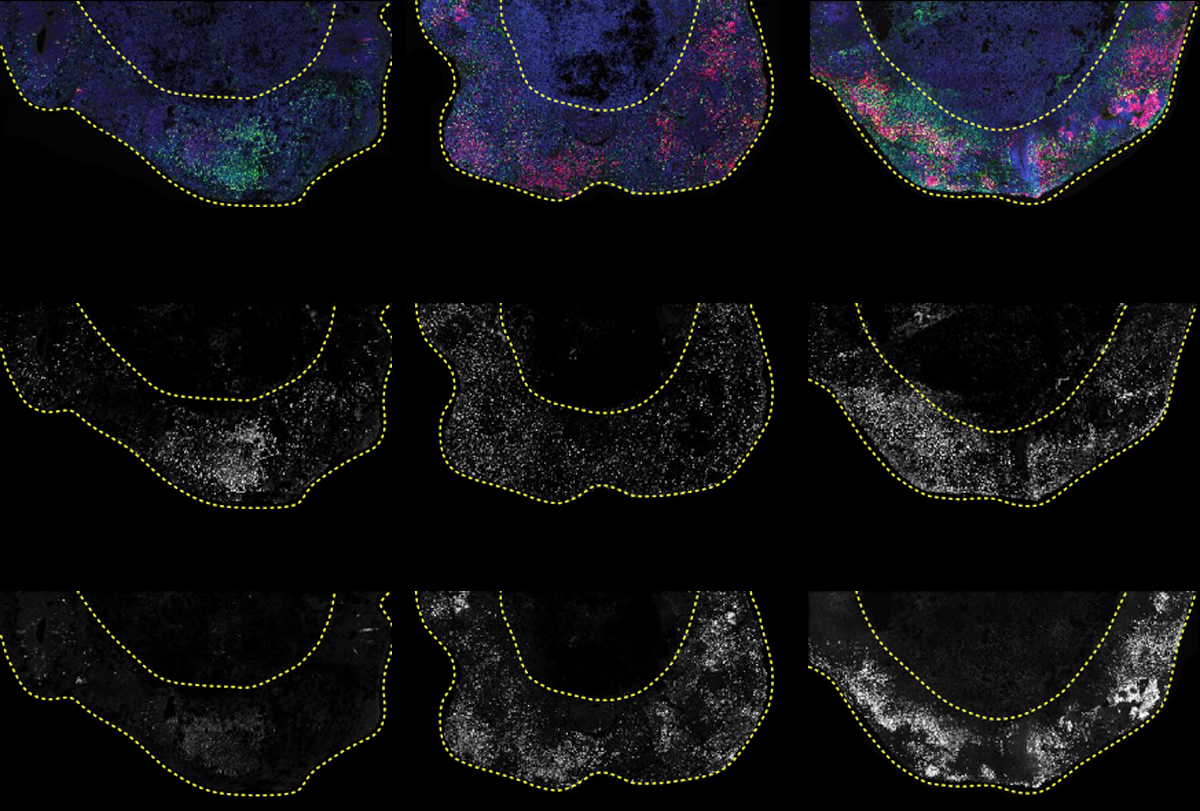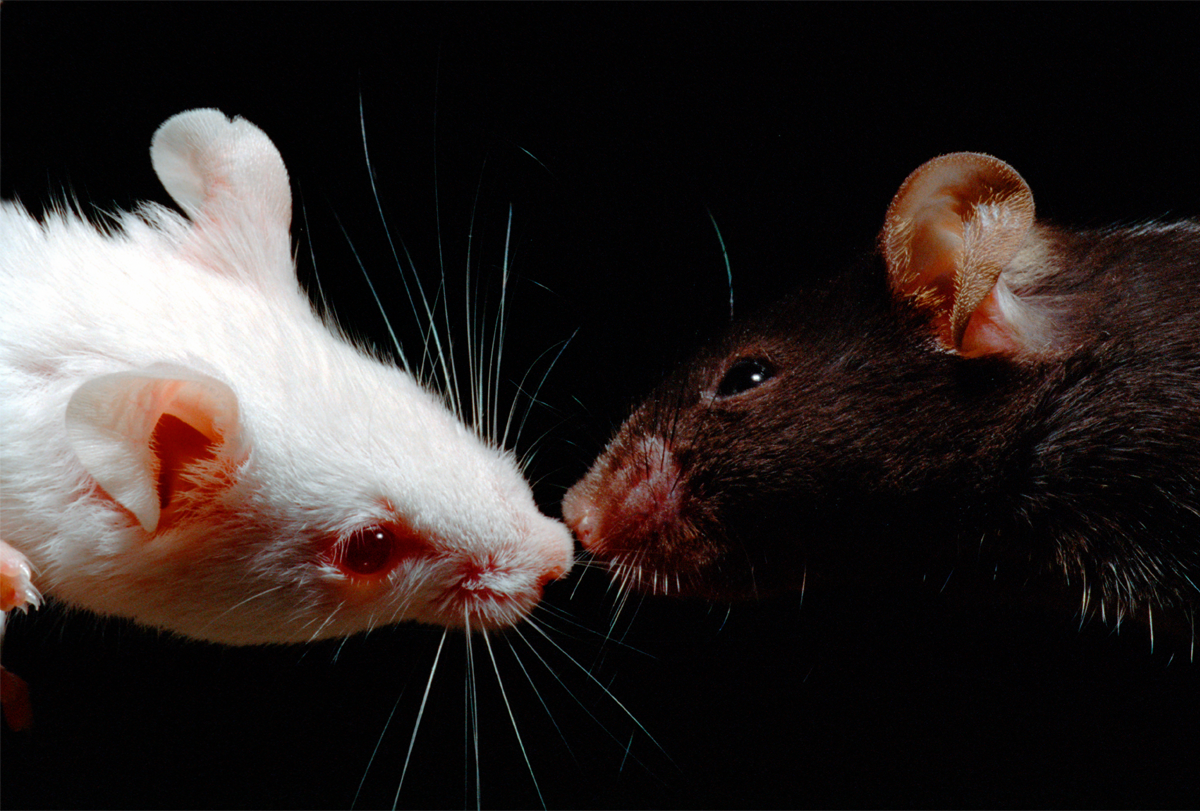Celia Ford is a freelance science journalist who writes about brains, biotech and whatever makes people think about thinking. She earned her Sc.B. in cognitive neuroscience from Brown University and her Ph.D. in neuroscience from the University of California, Berkeley. She was a 2022 early-career science writing fellow at The Open Notebook and a 2023 AAAS mass media fellow at Wired. Celia is based in Berkeley, California.

Celia Ford
Contributing writer
From this contributor
Glow-in-the-dark labels accelerate AI-assisted animal motion tracking
The labeling technique trains machine-learning algorithms with larger datasets and less effort than ever before.

Glow-in-the-dark labels accelerate AI-assisted animal motion tracking
Method pinpoints cell-specific effects of autism-linked mutations
The approach, which combines CRISPR with single-cell analyses of organoids, suggests that intermediate progenitor cells are especially vulnerable to mutations associated with autism.

Method pinpoints cell-specific effects of autism-linked mutations
‘Social touch’ responses in mice gauged with unprecedented control
A new tool could help decipher the brain circuits underlying aversion to social touch, which is common in people with autism.

‘Social touch’ responses in mice gauged with unprecedented control
Explore more from The Transmitter
New connectomes fly beyond the brain
Researchers are mapping the neurons in Drosophila’s ventral nerve cord, where the central nervous system meets the rest of the body.

New connectomes fly beyond the brain
Researchers are mapping the neurons in Drosophila’s ventral nerve cord, where the central nervous system meets the rest of the body.
Building an autism research registry: Q&A with Tony Charman
A purpose-built database of participants who have shared genomic and behavioral data could give clinical trials a boost, Charman says.

Building an autism research registry: Q&A with Tony Charman
A purpose-built database of participants who have shared genomic and behavioral data could give clinical trials a boost, Charman says.
Cerebellar circuit may convert expected pain relief into real thing
The newly identified circuit taps into the brain’s opioid system to provide a top-down form of pain relief.

Cerebellar circuit may convert expected pain relief into real thing
The newly identified circuit taps into the brain’s opioid system to provide a top-down form of pain relief.